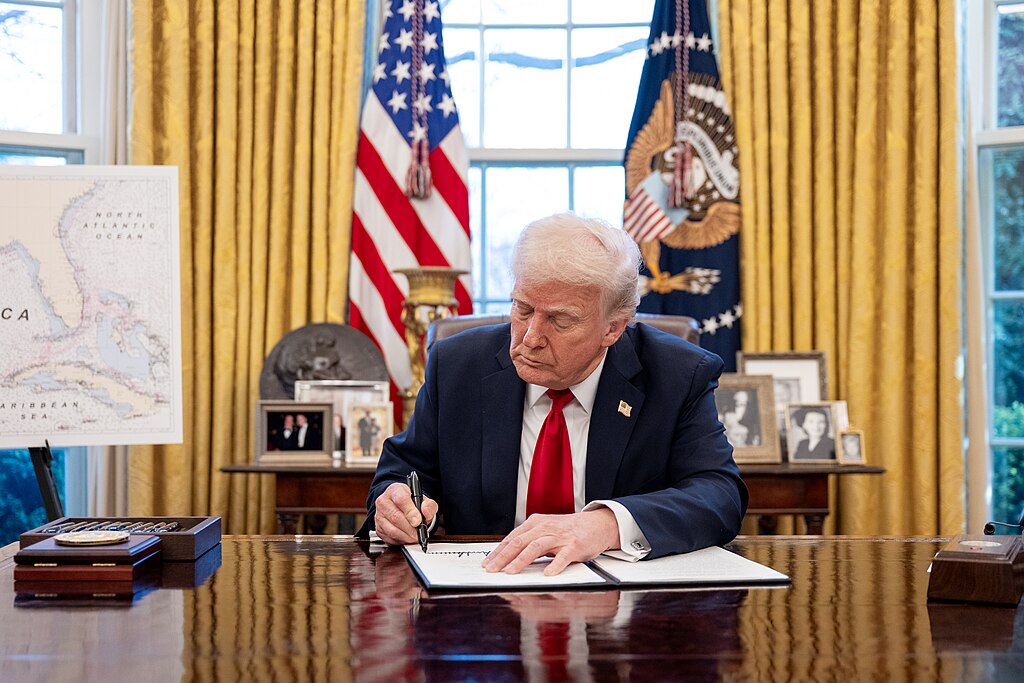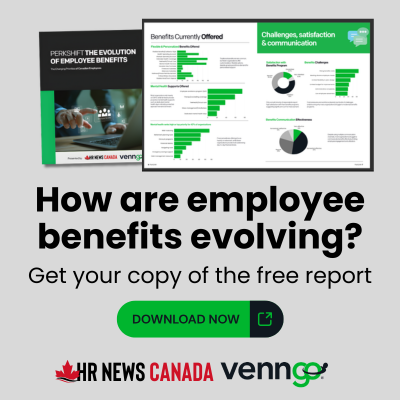U.S. President Donald Trump unveiled a sweeping trade policy introducing reciprocal tariffs on foreign imports, singling out Canada among countries he accused of imposing unfair trade barriers.
“Canada imposes a 250 to 300 per cent tariff on many of our dairy products,” Trump stated, highlighting what he sees as a significant trade imbalance affecting U.S. farmers. “It’s not fair to our farmers. It’s not fair to our country.”
Trump also criticized Canada’s broader trade relationship with the U.S., asserting that America subsidizes Canada by nearly $200 billion annually. But experts have disputed this figure as inaccurate and not representative of the trading relationship between the two countries.
The new tariffs, effective immediately, include a 25 per cent duty on all foreign-made automobiles entering the U.S. Trump framed these tariffs as necessary to counteract decades of unfair trade practices from countries worldwide.
“We are finally going to be able to make America great again,” Trump said, adding that tariffs would lead to a revival of U.S. manufacturing and job creation.
But Canada was left off a list of countries targeted with reciprocal tariffs, and early reports indicate that Mexico and Canada would be exempt for anything covered by the existing CUSMA agreement.
He provided specific examples to underline his points, including tariffs on motorcycles—pointing out that while the U.S. charges only 2.4 per cent on imports, countries like India impose tariffs as high as 70 per cent.
Trump claimed the tariffs are a critical step towards “economic independence,” which he argued would strengthen national security by reducing reliance on foreign-made essential products such as antibiotics, electronics, and shipbuilding.
“Such horrendous imbalances have devastated our industrial base and put our national security at risk,” he argued.
Union representatives, particularly from industrial regions like Michigan, expressed strong support for the policy, stating it would rejuvenate underutilized plants and attract significant investment.
Trump’s plan includes a baseline minimum tariff of 10 per cent to prevent trade cheating and to ensure accountability, with enforcement measures promising severe penalties for violations.
Significant investments from companies like Apple, Oracle, Meta, General Motors, and Johnson & Johnson have been cited by Trump as evidence of corporate confidence in the new policies. He claimed these commitments total approximately $6 trillion, potentially transforming the American economy.
“Companies are pouring into our country at levels never seen before,” Trump emphasized, reinforcing his belief that these measures would bolster job creation and strengthen domestic industries.
Trump acknowledged potential international pushback but underscored the policy as vital for U.S. economic resilience.
“Tariffs give our country protection against those that would do U.S. economic harm,” he concluded. “But even more importantly, they will give us growth.”





